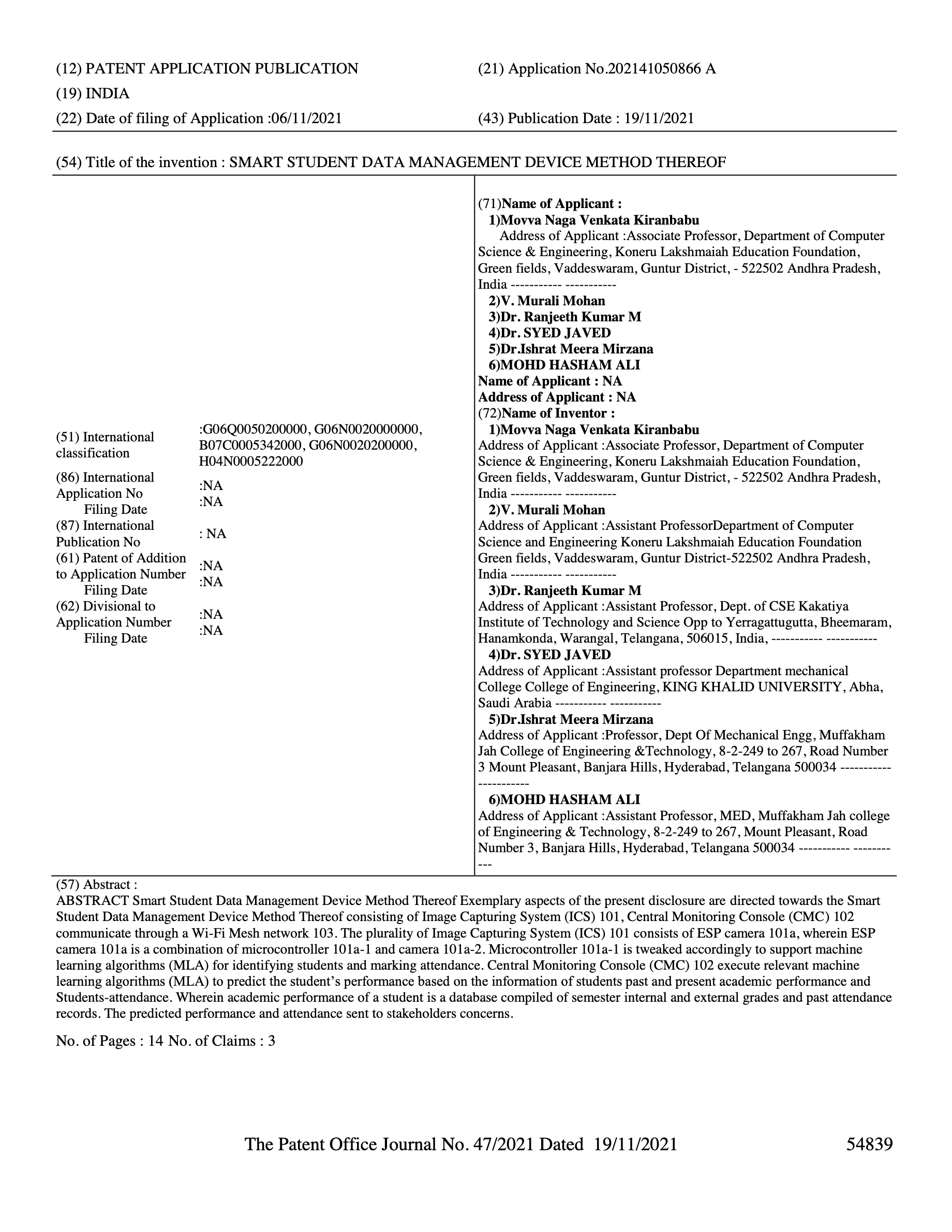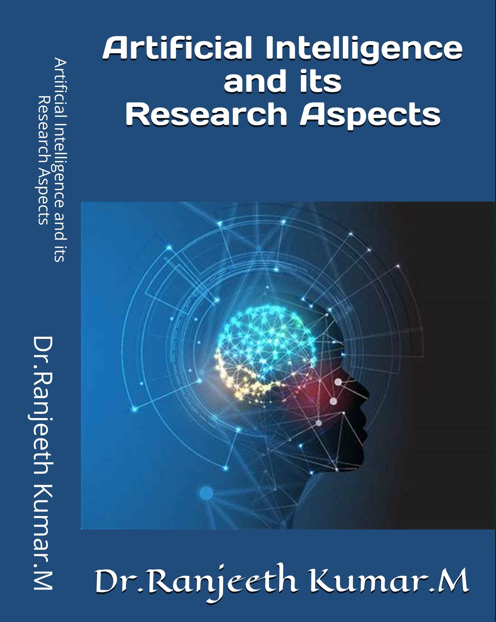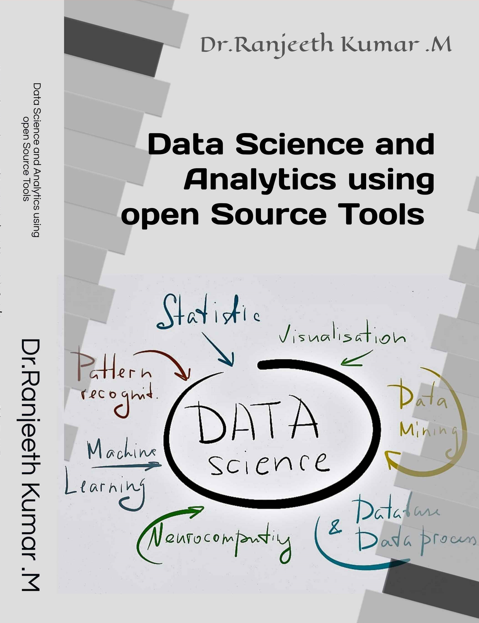“A Novel Implementation of Fuzzy Keyword Search over Encrypted Data in Cloud Computing” International Journal of Computer Trends and Technology, Vol. 01, Issue 03, 2011, pp. 275-279.
“Adaptive Fuzzy Search Over Encrypted Data in Cloud Computing” International Journal of Computer Science and Technology, Vol. 03, Issue 04, 2012, pp. 883-886.
“Fuzzy Keyword Search in XML Data” International Journal of Scientific & Engineering Research, Vol. 04, Issue 06, 2013, pp. 679-687.
“Web Graphs For Analyzing Users Interest Based on Social Networking” International Journal of Computer Science And Technology, Vol. 04, Issue 03, 2013, pp. 413-417.
“Basic Prototype Analysis for Different Approaches for Security in Cloud Computing” International Journal of Applied Sciences Engineering and Management, Vol. 04, Issue 04, 2015, pp. 61-65.
“DES Secured k-NN Query over Secure Data in Clouds” Journal of Theoretical and Applied Information Technology, Vol.91, Issue 02, 2016, pp. 384-389.
“Fine-Grained Multi-Access Control via Group Sharing in Distributed Cloud Data” Journal of Theoretical and Applied Information Technology, Vol.95, Issue 14, 2017, pp. 3242-3250.
“Advanced Hybrid Approach to Provide Privacy for Cross-site and XSS Attacks in Cloud Computing” Journal of Advanced Research in Dynamical & Control Systems, Vol. 10, Special Issue 07, 2018, pp. 1315-1321.
“Advanced Energy Efficient Scheduling of Servers in Cloud” Journal of Management Information and Decision Sciences, Volume 24, Issue 5, 2021.
“Network Intrusion Detection System for Internet of Things based on Enhanced Flower Pollination Algorithm and Ensemble Classifier”, Concurrency and Computation: Practice and Experience - Wiley Online Library, Accepted on 05 April 2022, ISSN: 1532-0634 (online), ISSN: 1532-0626 (print), Impact Factor: 1.536. The standard age of Journal - 21 Yrs. (since 2001), https://doi.org/10.1002/cpe.7103.
“A comprehence study of DDoS attack detecting algorithm using GRU-BWFA classifier”, Measurement: Sensors Vol 24, December 2022, ISSN: 2665-9174, Impact Factor: 0.93, https://doi.org/10.1016/j.measen.2022.100570.
“Intrusion Attack Detection Using Firefly Optimization Algorithm and Ensemble Classification Model” Wireless Pers Commun (2023), Vol 132, pages 1899–1916, (2023), Published: 21 August 2023, Impact Factor: 2.017, https://doi.org/10.1007/s11277-023-10687-8.
“Network Intrusion Detection Method Using Stacked BILSTM Elastic Regression Classifier with Aquila Optimizer Algorithm for Internet of Things (IoT)”, International Journal on Recent and Innovation Trends in Computing and Communications, Vol. 11 No. 2S (2023), Published: April 15, 2022, https://doi.org/10.17762/ijritcc.v11i2s.6035.
“Hybridization of Bottlenose Dolphin Optimization and artificial fish swarm algorithm with efficient classifier for detecting the network intrusion in Internet of Things (IoT)”, International Journal of Intelligent Systems and Applications in Engineering, Vol. 12 No. 6s (2024), Published: 30.11.2023, ISSN:2147-6799, pp. 220-232, Impact Factor: 1.74.
“Stacked autoencoder with weighted loss function for intrusion detection in IoT application”, Multimedia Tools and Applications, Published: 13.08.2024, ISSN: 1573-7721, DOI:10.1007/s11042-024-19962-7, http://dx.doi.org/10.1007/s11042-024-19962-7.




.png)

